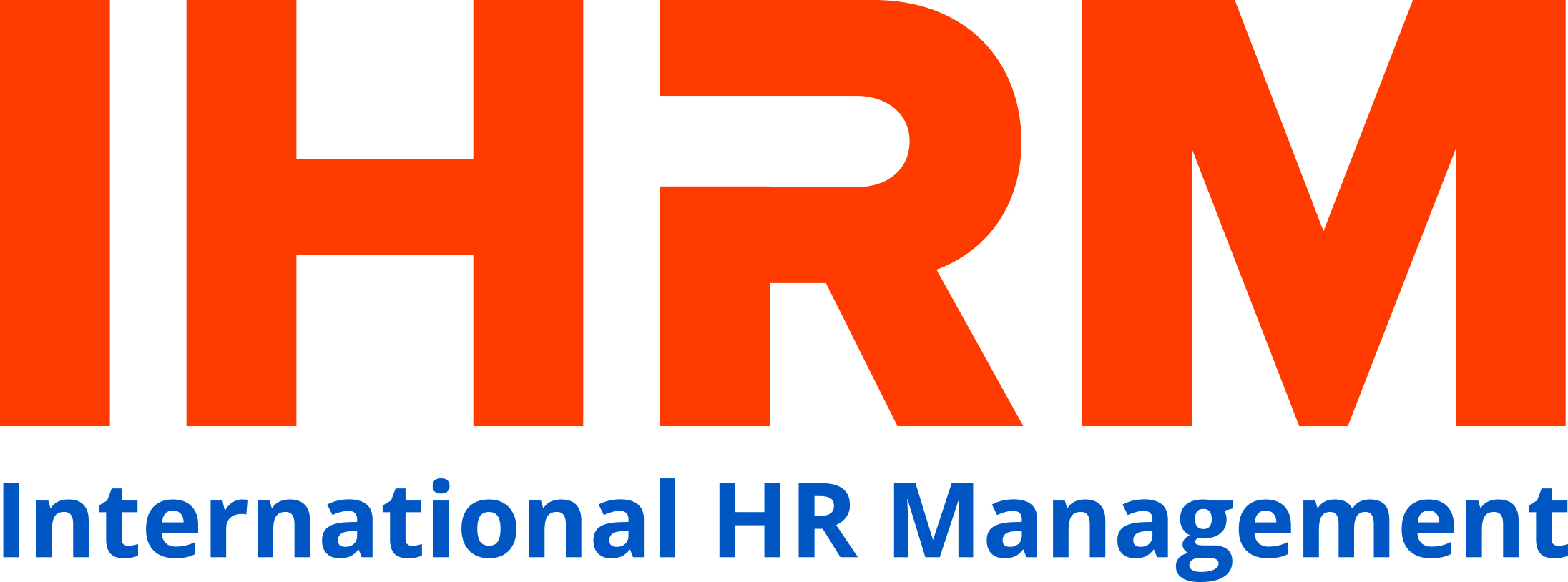HOW NAPS CAN MAKE YOU MORE PRODUCTIVE
The executives at Google were really onto something when they started building “nap pods” in their offices so employees could escape from work and doze off for a few moments. Surely, nap pods provided a solid boost to company morale, but studies show that napping also has a positive effect on a person’s productivity and thought processes. Elizabeth McDevitt, a sleep studies researcher at the University of California, Riverside said, “When people nap, their performance doesn’t deteriorate, and often even improves.” Accordingly, before you write off naps as an activity reserved for kids, seniors, and cats, take a look at how it might benefit you in the workplace.

Choose A Nap Over Coffee When You’re Sleepy
You usually rely on a cup of coffee or two to get you through the entirety of your eight-hour work day, but a quick power nap has been shown to give people more energy than caffeine does. Naps will rejuvenate your body down to a molecular level whereas coffee just provides a temporary solution to your sleepiness since it eventually wears off. Also, like most substances, avid coffee drinkers are able to build up a tolerance for caffeine, but it’s impossible to build up a tolerance against sleeping.
Indeed, taking a trip over to the coffee machine in your office to brew yourself a cup of joe is arguably easier, and more socially acceptable than napping in your office, but there are a few ways to work around that issue. If a small room is open and available in your office, try reserving it for a quick 30 minutes so you can fit in a power nap. You can also create a comfortable nap set up using the back seat of your car. Simply nestle into a comfortable side sleeping position and try to relax your mind. To avoid hip pain from sleeping in the car, you can place a small pillow between your knees or under your trunk to help with pressure relief.
Different Kinds Of Naps And Their Benefits
Experts say the prime time for naps is between 1 p.m. to 4 p.m. when your internal body clock naturally begins to subside. Although the majority of people are at work during these hours, you can use a portion of your 30-minute or hour long lunch break to accommodate a quick and effective nap.
Indeed, taking a trip over to the coffee machine in your office to brew yourself a cup of joe is arguably easier, and more socially acceptable than napping in your office, but there are a few ways to work around that issue. If a small room is open and available in your office, try reserving it for a quick 30 minutes so you can fit in a power nap. You can also create a comfortable nap set up using the back seat of your car. Simply nestle into a comfortable side sleeping position and try to relax your mind. To avoid hip pain from sleeping in the car, you can place a small pillow between your knees or under your trunk to help with pressure relief.
Different Kinds Of Naps And Their Benefits
Experts say the prime time for naps is between 1 p.m. to 4 p.m. when your internal body clock naturally begins to subside. Although the majority of people are at work during these hours, you can use a portion of your 30-minute or hour long lunch break to accommodate a quick and effective nap.
- 20-minute nap: Usually referred to as a power nap, this is the ideal amount of time for you to take a short snooze during a break at work. It allows you to restore energy, improve problem solving abilities and logical reasoning, so you make less mistakes, and give your mind a good refresher. If you’re faced with an issue and work and aren’t sure how to tackle it, a 20-minute power nap will allow you to approach the issue with a different perspective.
- 30-minute nap: There’s a fine line between an energizing nap, and a nap that makes you feel groggy. Once you reach the 30-minute mark, sleep inertia starts to set in — the force that helps you carry on into deeper sleep stages. This is helpful at night when you go to bed, but not so much when it’s the middle of the day and you’re expected to be fully alert afterwards.
- 40-minute nap: Research from a NASA study showed the benefits of a 40-minute nap after the performance of military pilots and astronauts improved by 34%, and they saw a significant 100% increase in alertness. Granted, this is longer than the 30-minute mark, but a longer nap can be beneficial if you have more time to kill ,and you don’t have to immediately perform when you wake up.
- 60-minute nap: It might be hard to sneak an hour long nap in during work hours, but if you can, your brain will surely thank you. When you hit the 60-minute mark during sleep, your short term memories are converted to long term ones, allowing you to retain information and solidify memories. Napping for an hour also helps you cope better with frustrating situations and leads you to make less impulsive decisions, according to a study published in Personality and Individual Differences.
When You Should Avoid Naps
While naps can be beneficial for a person’s productivity and cognitive functions, they can be harmful to the health of others. If you’re having trouble sleeping at night, naps during the day might make it more difficult for you to slip into a deep slumber when bedtime comes around. Additionally, the National Sleep Foundation claims that naps can increase the risk of heart failure in individuals who are already at risk. In those cases, it might be more beneficial to save sleeping for the nighttime. For the majority of people, however, regular naps prove to be real helpful. Just make sure you don’t nap too close to bedtime, or you too might have trouble getting a full night’s rest.
Source: HRINASIA
|
Training Program
 Internationalize the human resource management capabilities of HR professionals in Vietnam Opening Date: March 19 , 2020 in HCMC
Opening Date: March 26, 2020 in Hanoi
|










